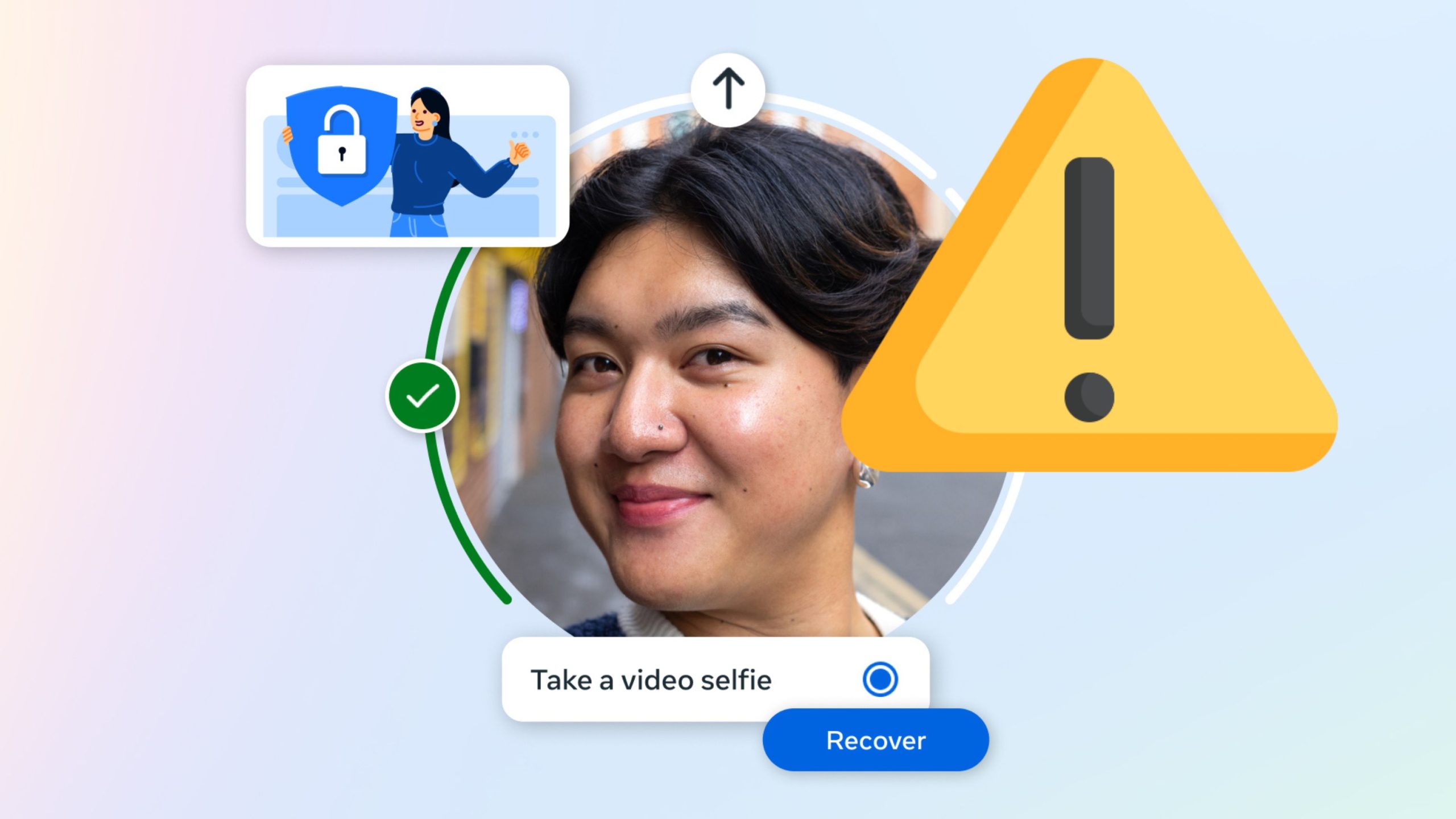After three years, Meta’s apps will once again include facial recognition (this is currently in the testing phase). The giant is “selling” the move to its users as a way to fight scammers and make account recovery easier.
The feature was abandoned because of widespread criticism of this tech, but Facebook and Instagram users can now expect to have it back on their apps.
The first scenario involves deploying facial recognition to remove what is known as celeb-bait ads, which use photos of public figures to get users to visit scam websites.
Meta said that if it suspects this is happening, faces in the ad will be compared to the public figure’s Facebook and Instagram profile photos using facial recognition.
For now, the feature is applied to a group of celebrities and public figures, on an “opt-out” basis. The company also revealed that since it is happening in real-time, the process is “faster and more accurate” than when done manually.
And now, onto “ordinary people.” The second test involves getting the apps’ users to take video selfies and upload them to Meta. Once again, facial recognition will be used to match these to people’s profile photos, this time in order to speed up the account recovery process.
Meta is clearly counting on the “convenience factor” to persuade users that subjecting themselves to facial recognition carried out by a tech juggernaut is a good idea.
Another promise is that the process will help when accounts are believed to be compromised by hackers logging in with stolen credentials.
The inevitable question is, what happens to this sensitive personal biometric data, especially once in the hands of Meta? The company said it will not use it for any other purposes, that it will be encrypted, and “immediately” deleted once a comparison has been made.
While Meta stated that public figures will be automatically enrolled but can opt out, it isn’t explicitly said that for other users facial recognition will be an opt-in, although a post on the company blog says that the video selfie verification “expands on the options for people to regain account access.”
Left out of the new scheme for now, due to obvious legal reasons, are Illinois and Texas, but also the UK and the EU.













